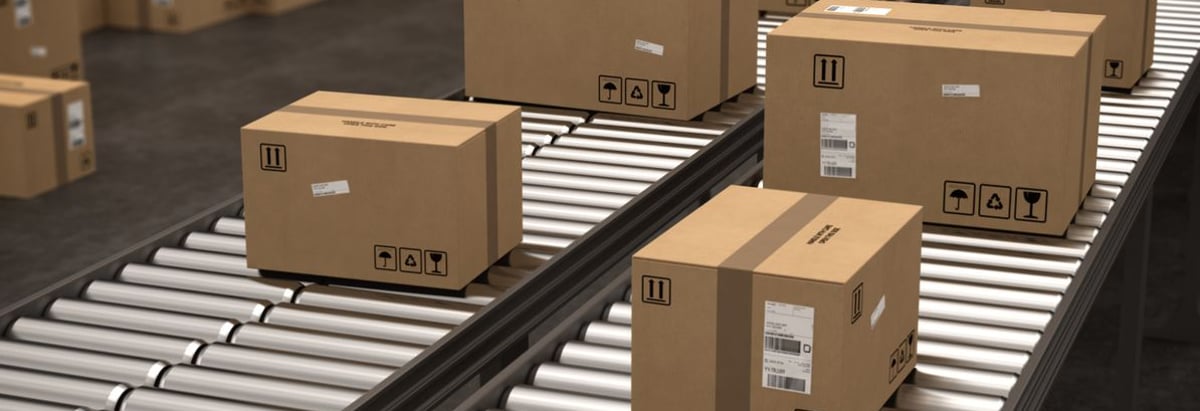- Malaysia
- /
- Trade Distributors
- /
- KLSE:IQZAN
Does Iqzan Holding Berhad (KLSE:IQZAN) Have A Healthy Balance Sheet?

Warren Buffett famously said, 'Volatility is far from synonymous with risk.' So it might be obvious that you need to consider debt, when you think about how risky any given stock is, because too much debt can sink a company. We can see that Iqzan Holding Berhad (KLSE:IQZAN) does use debt in its business. But should shareholders be worried about its use of debt?
When Is Debt Dangerous?
Debt and other liabilities become risky for a business when it cannot easily fulfill those obligations, either with free cash flow or by raising capital at an attractive price. Part and parcel of capitalism is the process of 'creative destruction' where failed businesses are mercilessly liquidated by their bankers. While that is not too common, we often do see indebted companies permanently diluting shareholders because lenders force them to raise capital at a distressed price. Of course, debt can be an important tool in businesses, particularly capital heavy businesses. The first step when considering a company's debt levels is to consider its cash and debt together.
View our latest analysis for Iqzan Holding Berhad
How Much Debt Does Iqzan Holding Berhad Carry?
As you can see below, at the end of September 2021, Iqzan Holding Berhad had RM12.3m of debt, up from RM3.66m a year ago. Click the image for more detail. On the flip side, it has RM1.02m in cash leading to net debt of about RM11.2m.

A Look At Iqzan Holding Berhad's Liabilities
We can see from the most recent balance sheet that Iqzan Holding Berhad had liabilities of RM32.1m falling due within a year, and liabilities of RM8.96m due beyond that. On the other hand, it had cash of RM1.02m and RM5.63m worth of receivables due within a year. So its liabilities total RM34.4m more than the combination of its cash and short-term receivables.
The deficiency here weighs heavily on the RM11.1m company itself, as if a child were struggling under the weight of an enormous back-pack full of books, his sports gear, and a trumpet. So we'd watch its balance sheet closely, without a doubt. After all, Iqzan Holding Berhad would likely require a major re-capitalisation if it had to pay its creditors today. When analysing debt levels, the balance sheet is the obvious place to start. But it is Iqzan Holding Berhad's earnings that will influence how the balance sheet holds up in the future. So when considering debt, it's definitely worth looking at the earnings trend. Click here for an interactive snapshot.
Over 12 months, Iqzan Holding Berhad made a loss at the EBIT level, and saw its revenue drop to RM7.6m, which is a fall of 21%. That makes us nervous, to say the least.
Caveat Emptor
While Iqzan Holding Berhad's falling revenue is about as heartwarming as a wet blanket, arguably its earnings before interest and tax (EBIT) loss is even less appealing. Indeed, it lost RM251k at the EBIT level. Combining this information with the significant liabilities we already touched on makes us very hesitant about this stock, to say the least. Of course, it may be able to improve its situation with a bit of luck and good execution. Nevertheless, we would not bet on it given that it vaporized RM3.0m in cash over the last twelve months, and it doesn't have much by way of liquid assets. So we think this stock is risky, like walking through a dirty dog park with a mask on. When analysing debt levels, the balance sheet is the obvious place to start. But ultimately, every company can contain risks that exist outside of the balance sheet. For instance, we've identified 5 warning signs for Iqzan Holding Berhad (2 make us uncomfortable) you should be aware of.
When all is said and done, sometimes its easier to focus on companies that don't even need debt. Readers can access a list of growth stocks with zero net debt 100% free, right now.
New: AI Stock Screener & Alerts
Our new AI Stock Screener scans the market every day to uncover opportunities.
• Dividend Powerhouses (3%+ Yield)
• Undervalued Small Caps with Insider Buying
• High growth Tech and AI Companies
Or build your own from over 50 metrics.
Have feedback on this article? Concerned about the content? Get in touch with us directly. Alternatively, email editorial-team (at) simplywallst.com.
This article by Simply Wall St is general in nature. We provide commentary based on historical data and analyst forecasts only using an unbiased methodology and our articles are not intended to be financial advice. It does not constitute a recommendation to buy or sell any stock, and does not take account of your objectives, or your financial situation. We aim to bring you long-term focused analysis driven by fundamental data. Note that our analysis may not factor in the latest price-sensitive company announcements or qualitative material. Simply Wall St has no position in any stocks mentioned.
About KLSE:IQZAN
Iqzan Holding Berhad
Iqzan Holding Berhad, an investment holding company, engages in the trading of various goods in Malaysia.
Excellent balance sheet and slightly overvalued.

